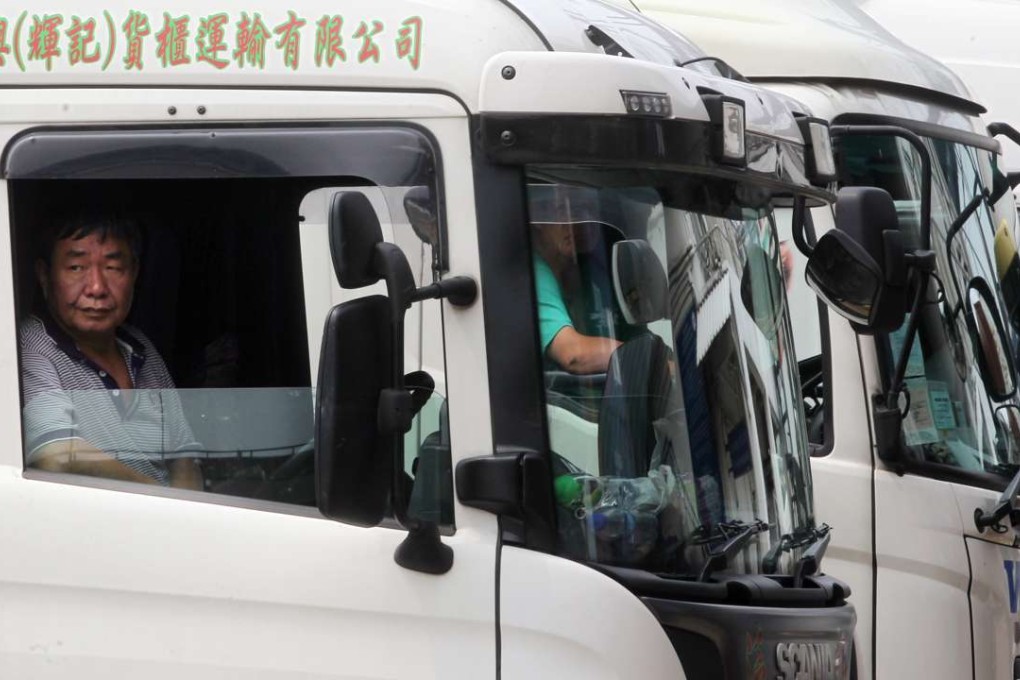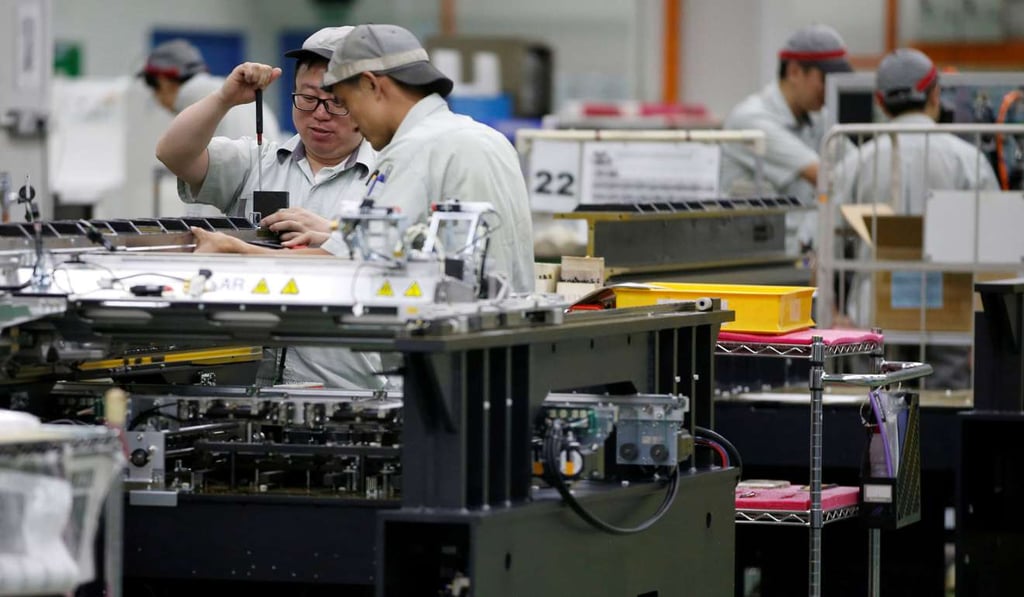Getting paid to do nothing: why the idea of China’s dibao is catching on
Asia-Pacific countries are beginning to consider their own form of universal basic income in the face of an automation-induced jobs crisis

China’s minimum living standard guarantee, named dibao, is receiving fresh interest in the region as countries from Korea to India turn to universal basic income (UBI) to boost their economies and combat the coming automation-induced job crisis.
UBI, or the regular distribution of free money to all citizens as a form of social security, has been on the fringes of economic policy debate since the late 18th century, and gained credence in the 1960s after Milton Friedman advocated a minimum income guarantee in his book Capitalism and Freedom.
It is now gaining traction in the Asia-Pacific region, as pilot projects turn in data showing its benefits exceed those of existing social welfare policies.
India, for example, is considering implementing a far-reaching form of UBI after trials showed an income of as little as US$5 per month had a powerfully positive effect on health and investment decisions in target communities.
The robots are coming, but they won’t be job killers
